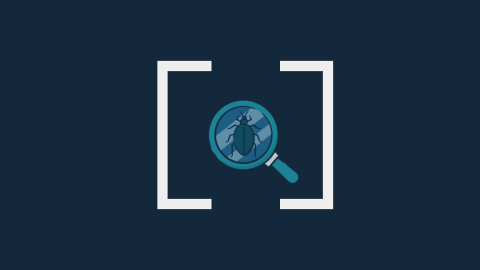How to Find Arbitrary Code Execution Vulnerabilities with Fuzzing
Remember Log4j? Arbitrary code execution bugs are more common than you think, even in memory-safe languages, like Java. Learn how to find these vulnerabilities with fuzzing. Arbitrary code execution vulnerabilities represent one of the most dangerous classes of vulnerabilities in Java applications. Incidents such as Log4Shell clearly demonstrate the impact of these security issues, even in memory-safe languages. They also show that fuzzing can be very effective in finding these vulnerabilities.











